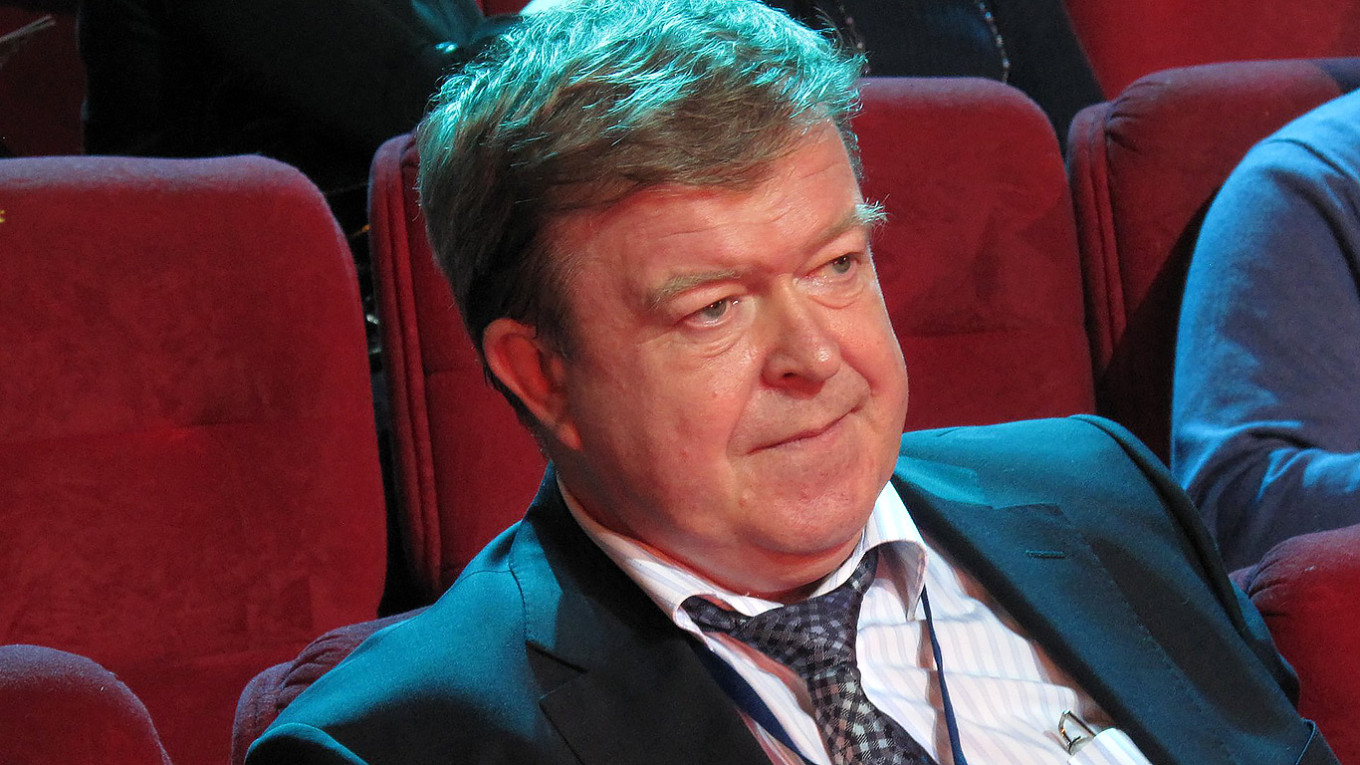Alexei Soldatov, a pioneering figure of the Russian internet and former deputy minister, is “dying in prison” while serving a two-year sentence for “abuse of power,” his son, investigative journalist Andrei Soldatov, said in a social media post on Thursday.
Known as the father of the Russian internet, Alexei Soldatov led the Relcom computer network that made the first Soviet connection to the global internet. He served as deputy minister of communications from 2008 to 2010.
In July, a judge ordered him to serve two years at a penal colony for unlawfully transferring the rights of IP addresses from the Russian Research Institute for the Development of Public Networks to a Czech provider. His lawyers and family rejected the charges.
“It’s been a horrific ordeal for a 72-year-old scientist... In two months, he has been moved between three prisons, slept on the floor, and shared a cell with 40 inmates,” Soldatov’s son wrote on X (formerly Twitter).
Soldatov was moved to a prison hospital last month after contracting a lung infection, but his condition has improved little, according to his son. “Last Friday, he lost consciousness and collapsed during a visit with his wife,” the younger Soldatav said, adding that prison medics still declared his father “sufficiently healthy” for transfer back to a regular prison cell next week.
“As his son, I understand what this means: my dad, already frail and ill, will face the most inhumane conditions again. It’s effectively a death sentence for Alexei Soldatov,” the journalist wrote.
The case against Alexei Soldatov was reportedly initiated in 2019 at the request of Andrei Lipov, head of Russia’s internet regulator Roskomnadzor, who has had a longstanding feud with Alexei Soldatov over ownership of the .su domain, according to the independent news outlet Meduza.
A Message from The Moscow Times:
Dear readers,
We are facing unprecedented challenges. Russia's Prosecutor General's Office has designated The Moscow Times as an "undesirable" organization, criminalizing our work and putting our staff at risk of prosecution. This follows our earlier unjust labeling as a "foreign agent."
These actions are direct attempts to silence independent journalism in Russia. The authorities claim our work "discredits the decisions of the Russian leadership." We see things differently: we strive to provide accurate, unbiased reporting on Russia.
We, the journalists of The Moscow Times, refuse to be silenced. But to continue our work, we need your help.
Your support, no matter how small, makes a world of difference. If you can, please support us monthly starting from just $2. It's quick to set up, and every contribution makes a significant impact.
By supporting The Moscow Times, you're defending open, independent journalism in the face of repression. Thank you for standing with us.
Remind me later.






